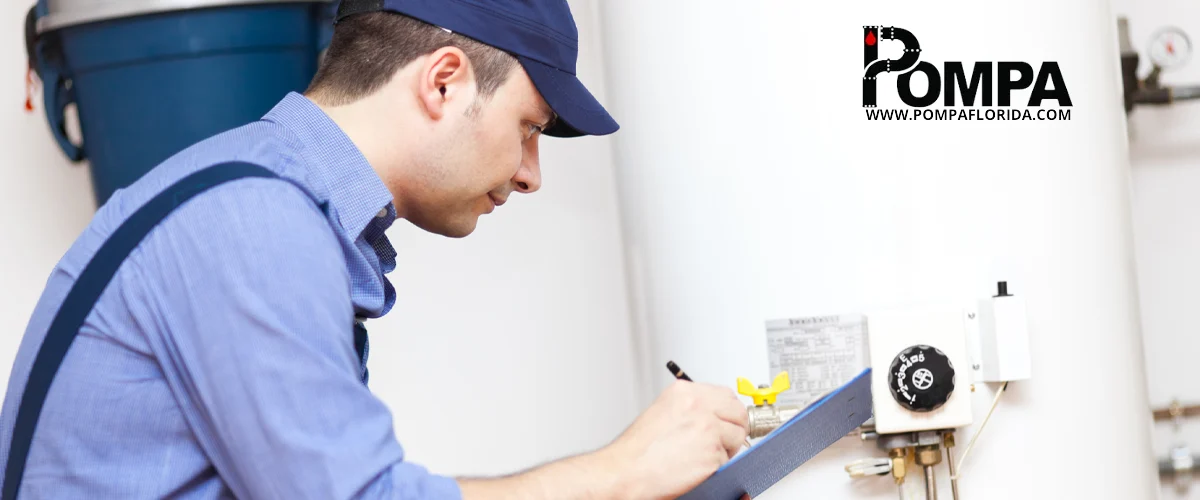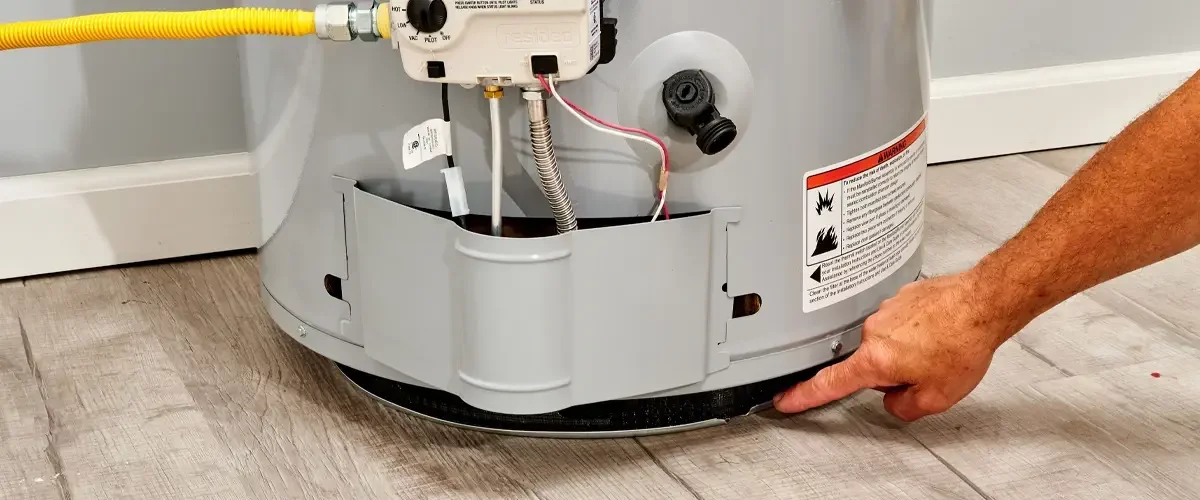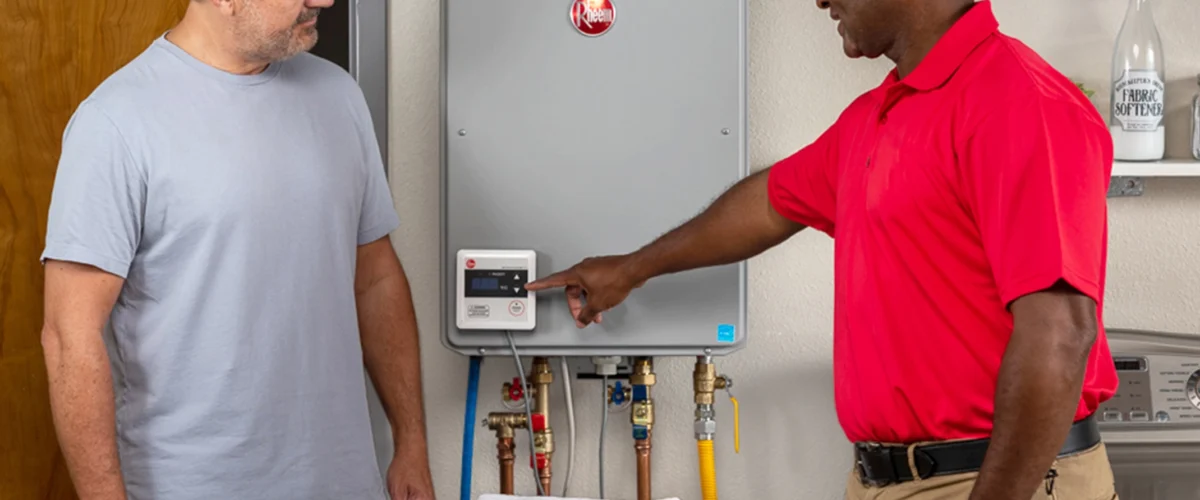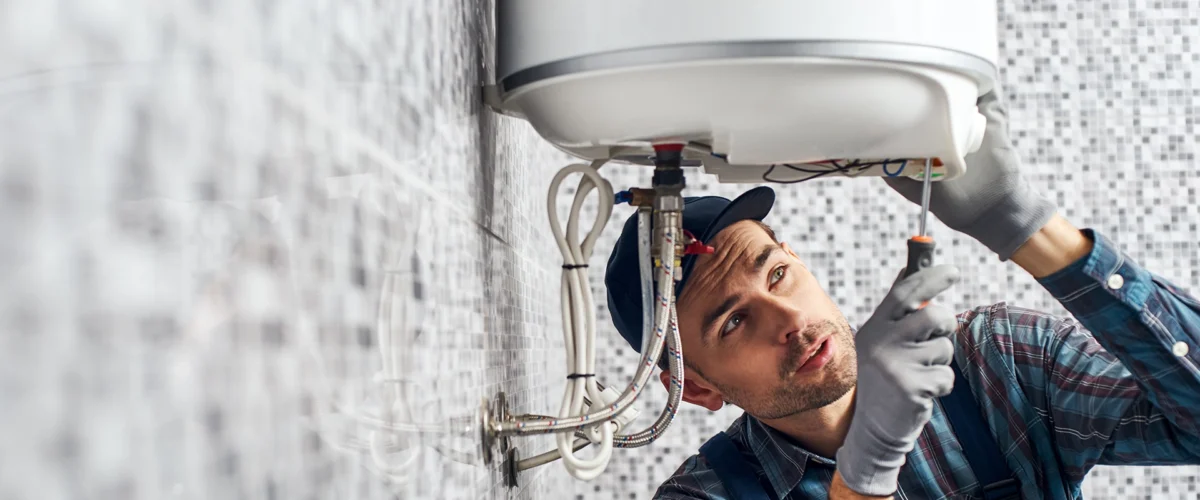How Can You Troubleshoot Your Water Heater Before Calling a Professional?
Water heaters are integral to our homes, providing hot water for showers, dishwashing, laundry, etc., especially in winter. When they malfunction, it can be frustrating and inconvenient. Before you rush to call a professional, there are various troubleshooting steps you can take to identify and possibly fix the issue yourself. Understanding how your water heater works and recognizing common problems can save you time, money, and stress.

Check the Power Supply
The first step in troubleshooting your water heater is to ensure it has power. For electric water heaters, this means checking the circuit breaker. If you find that the breaker has tripped, reset it and check if the water heater starts working. For gas water heaters, ensure that the pilot light is lit. If the pilot light is out, go through the manufacturer’s instructions to relight it. If the pilot light doesn’t stay lit, it could indicate a problem with the thermocouple, a component that senses whether the pilot light is on.
Inspect the Thermostat
Water heaters have thermostats that control the temperature of the water. If the water isn’t as hot as it should be, check the thermostat settings. The recommended temperature setting is around 120°F (49°C). If the thermostat is set too low, adjust it and give the heater time to heat the water to the desired temperature. If adjusting the thermostat doesn’t resolve the issue, the thermostat itself might be faulty and may need replacement.
Examine the Heating Elements
Electric water heaters contain heating elements to heat the water. Over time, these elements can wear out or become coated with mineral deposits, reducing their effectiveness. To check the heating elements, you’ll need to switch off the water heater and remove the access panel. Use a multimeter to test the elements for continuity. If one or both elements are faulty, they will need to be replaced. This is a more advanced repair, so if you’re not comfortable doing it yourself, it may be time to call a professional.

Look for Leaks
They are a common issue with water heaters and can occur in various places, such as the tank, pipes, or connections. Start by inspecting the area around the water heater for any signs of water. If you find a leak, try to determine its source. Small leaks at the pipe connections can often be fixed by tightening the fittings. However, if the leak is coming from the tank itself, it’s a more serious problem that may require replacing the entire water heater.
Check the Pressure Relief Valve
This is a safety feature that prevents the water heater from over-pressurizing. If valve malfunctions it can cause the water heater to leak or even burst. To check the pressure relief valve, lift the valve’s lever slightly to let some water out. If water flows after you release the lever, the valve may be defective and should be replaced.
Flush the Tank
Sediment buildup in the tank is one of the leading causes of water heater problems. Over time, minerals in the water settle at the bottom, reducing efficiency and causing noise. Flushing the tank can help remove this sediment. To flush the tank, turn off the power or gas to the water heater, then attach a hose to the drain valve and drain the water. Be careful, as the water will be hot. After emptying the, turn the water supply back on to rinse out any remaining sediment, then refill the tank.

Check for Strange Noises
If your water heater is making unusual noises, such as popping, banging, or gurgling, sediment buildup could be the reason. As the sediment heats up, it can create these noises. Flushing the tank, as described above, can often resolve this issue. If the noises persist, there may be other underlying problems that require professional attention.
Inspect the Anode Rod
The anode rod is a sacrificial component designed to protect the tank from corrosion. Over time, the anode rod will wear out and need replacement. If your water has a metallic taste or smell, or if you notice rust-colored water, it could be a sign that the anode rod is no longer effective. Checking the anode rod involves draining a small amount of water from the tank and unscrewing the rod from the top of the tank. If the rod is heavily corroded, it’s time to replace it.
Test the Water Pressure
Low water pressure can also affect your water heater’s performance. If you notice a decrease in hot water pressure, check the water pressure at other taps in your home. If the issue is isolated to the hot water supply, it could indicate a problem with the water heater. Sediment buildup in the pipes or a partially closed valve could be the cause. If the water pressure is low throughout your home, the issue may be with your main water supply or a pressure regulator.

Evaluate the Age of the Water Heater
Finally, consider the age of your water heater. Most water heaters have a lifespan of 10 to 15 years. If your water heater is nearing the end of its lifespan, it may be more cost-effective to replace it rather than repair it. Older water heaters are also less energy-efficient, so upgrading to a new model could save you money on your energy bills in the long run.
When to Call a Professional
While these troubleshooting steps can help you find and resolve common water heater issues, some problems require professional expertise. If you’re unsure about any of the steps or if the issue persists after troubleshooting, it’s best to call a professional plumber. They can diagnose the issue and recommend the best course of action, ensuring your water heater is functioning safely and efficiently.
In conclusion, troubleshooting your water heater before calling a professional can save you time and money. By following these steps, you can resolve common issues and determine whether a simple fix is possible or if professional help is needed. Remember to always prioritize safety, and don’t hesitate to call a professional if you’re unsure about any part of the process.


